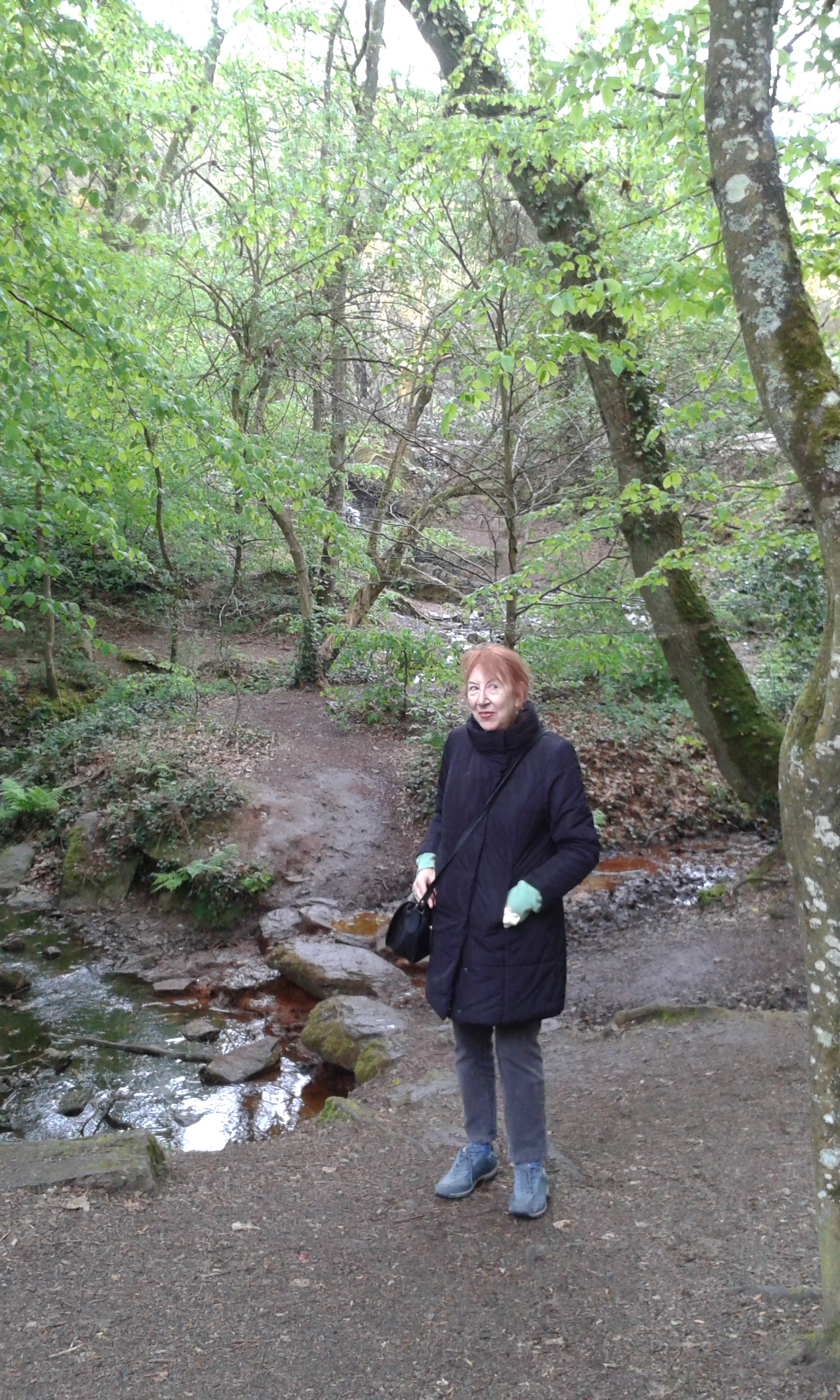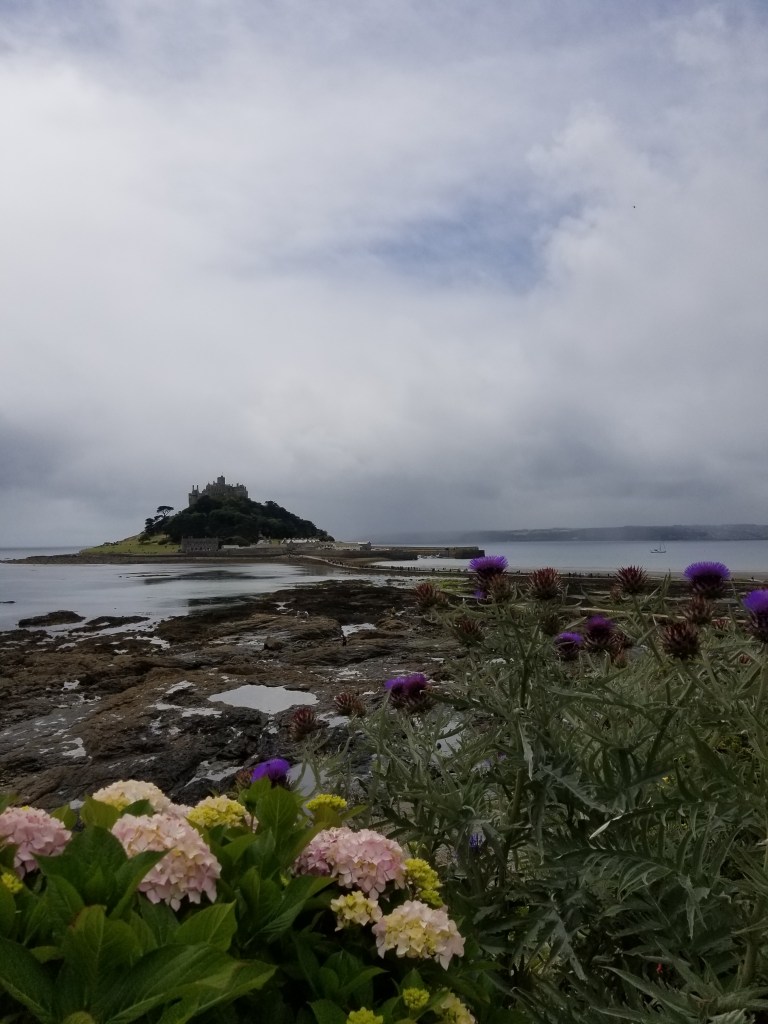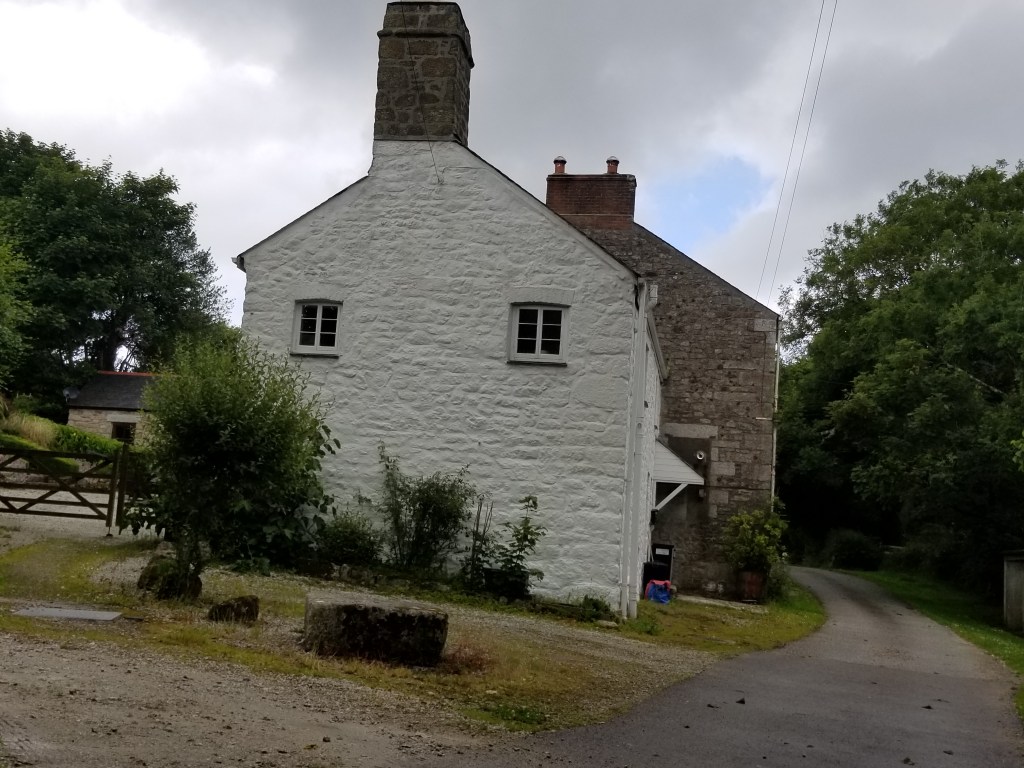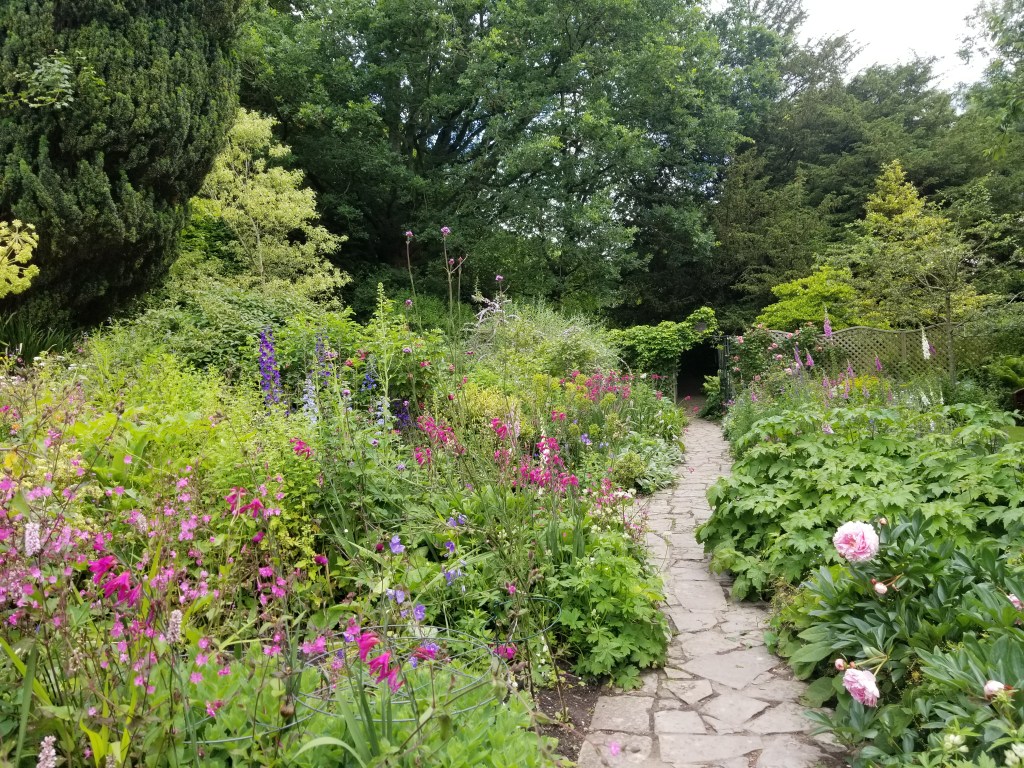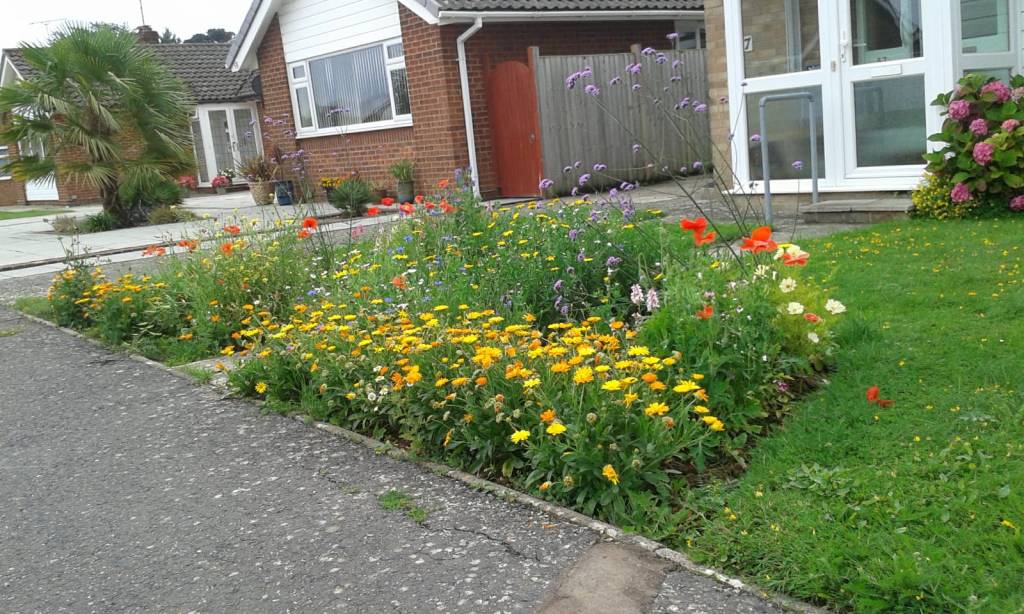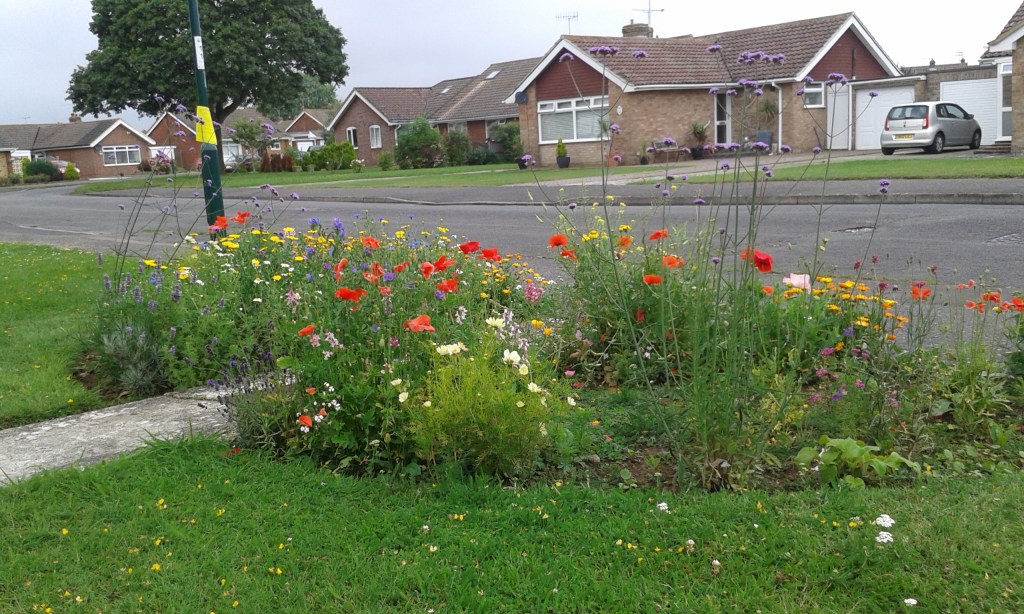Now I’m back in my old haunts, I’ve noticed I don’t like telling people what I was doing for all the years I was away. Of course, it’s not always appropriate to divulge personal stuff. For example, if I’m in the bank and mention I don’t know something because I was overseas, and the bank employee says, oh, that must’ve been good, I don’t feel that they need to know my business. On the other hand, I don’t want them to think I was simply enjoying myself! So sometimes, I pull a face and say, well, not really. Sometimes, I just shrug and think: You have no idea.
But there are times when I’m asked directly and it seems necessary to explain. And this is when I’ve tended to mumble something or other, almost as if I were ashamed of myself. And I don’t know why that is. It could be because it I don’t want to seem rude, as if I’m putting them in their place: ‘Oh, do you really think I was having fun? Because let me tell you, it was bloody awful.’
Anyway, I decided I would start telling people in a matter of fact kind of way, but the reactions I’ve got have made me feel quite uncomfortable. They’re generally kind and understanding; positive, you could say, except I don’t feel it was actually a very positive use of my time. In fact, I count those years as pretty much lost years. Because being a full-time carer is gruelling and time-consuming. But I also I think it sounds a bit like I’m bragging or looking for praise for my saintly acts. And believe me, that’s not the case!
A while ago, I heard a radio programme about being a carer. And what, if any, lessons ex-carers had learnt about themselves – or the person they cared for. Two women were being interviewed: both had been carers, both have written a book about their experience. One was Lynne Tillman, a well-known and quite rock-n-roll American novelist and journalist. I was surprised to learn she’d also looked after her mother for some time.
She said she’d done it because she’d felt an obligation. Not to her mother, as she hadn’t been a particularly good mother, but to herself. I could relate to that because it’s exactly how I felt, although I didn’t put it into quite those words. I remember someone saying to me: well, it was your choice. I replied that I didn’t think I’d had one. In the end, I couldn’t not do it.
I didn’t act out of a sense of duty; I didn’t think I owed my mother anything. When I first realised I’d have to go and live with her, I revolted against the idea with every fibre of my being, as they say! However, I also knew, if I walked away from the situation, I’d think less of myself. Later on, I came to view it as dharma: that it was the honourable thing to do. Which I suppose is why I don’t feel like getting a pat on the back. That response is too simplistic and somehow misses the point.
Those years were boring and lonely, but I don’t regret them. However, that doesn’t make me feel warm inside, on the contrary it makes me feel a great sense of loss. I really wish things could’ve been different; I really wish I hadn’t felt that sense of obligation.
I also feel like I paid quite a high price for my decision to become a carer: – like having to have major surgery after mum fell on top of me, and other practical annoyances which will end up costing me a fair amount of money. All of which does seem a bit unfair, to be honest! To pay a price for being selfish and thoughtless is one thing, to pay a price for being kind and honourable does seem to be a bit unfair!
By the way: If I am to be rewarded for my saintly acts of self-abnegation, I’d rather get that reward quite soon, while I can still enjoy it!
